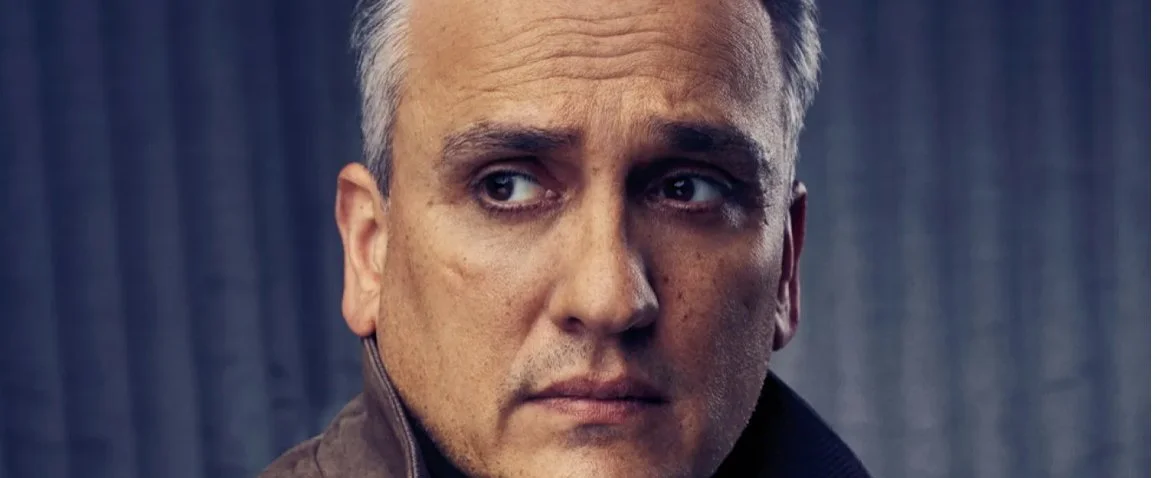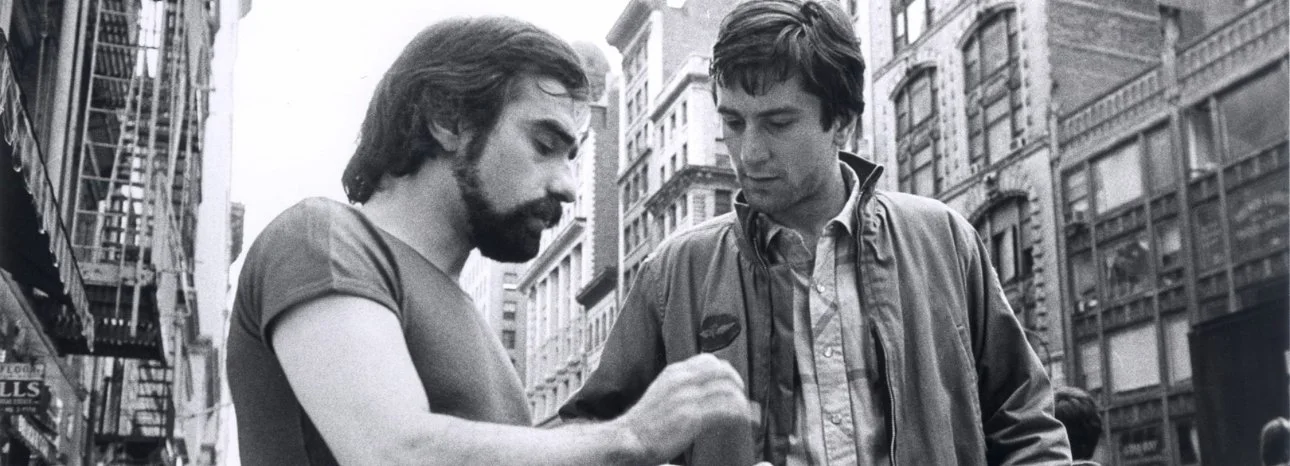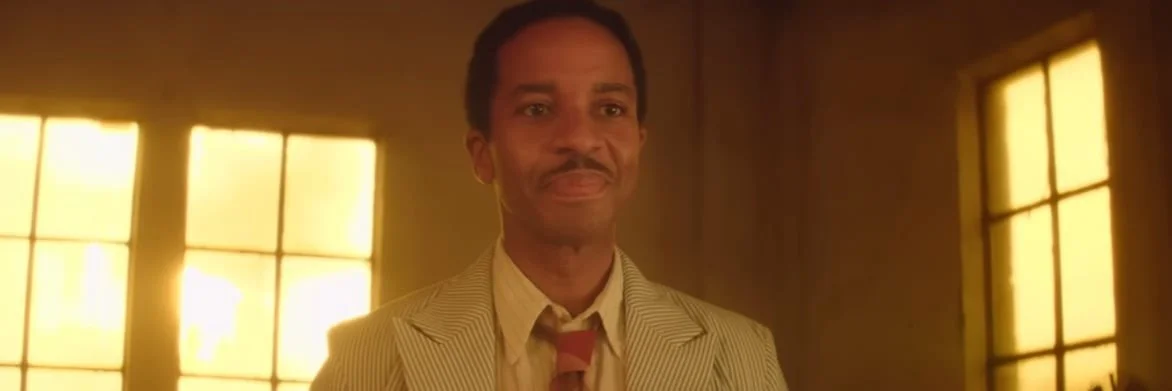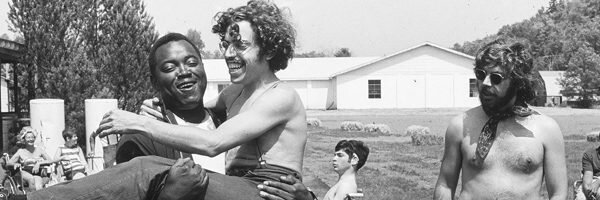Barack and Michelle Obama’s Netflix production company Higher Ground already won a Best Documentary Oscar last year for “American Factory,” which, come to think of it, has gained a whole kind of newfound relevance in the age of COVID-19. If that doc tackled the immeasurable cultural differences between American and Chinese workers, then “Crip Camp,” the Obama’s latest jaunt into non-fiction Oscar-bait, has them tackling the prejudicial differences people with disabilities faced back in the ‘70s and ‘80s in their fight to pass the “Disability act.”
“Crip Camp” starts out as a movie about a Utopian place called Camp Jened, “a summer camp for the handicapped run by hippies” as “Crip Camp” co-director (and former Jened camper) James Lebrecht explains,”. The film switches gears in its latter half and becomes the chronicle of a national movement for disability rights, sparked by the young people from Jened. This includes the 28-day occupation of the Health, Education, and Welfare offices in San Francisco in 1977 by hundreds of protesters.
Located in the Catskills a few hours north of New York City, Camp Jened was a welcome place for teenagers and young adults with all kinds of disabilities in the late 1960s and early ’70s. This was a place where Lebrecht and his fellow campers could break free of the chains imposed unto them by a society which discriminated and looked down on the disabled. Eventually, spearheaded by Jened alumna Judy Hermann, many of the campers relocated to Berkeley as young adults, advocating for legislation that would require public places to be accessible to everyone, and that would prohibit discrimination against people with disabilities.
”Crip Camp” is inspiring, but poorly told. Its 106 minute runtime barely enough to control the ambitious narrative, which takes place over the span of 5 decades. Its soundtrack, which plays like a cliche of hippiedom from the 1970s, features protest tunes by the likes of Jefferson Airplane and Bob Dylan. And yet, despite its cinematic shortcomings, it is as equally funny as it can sometimes be moving, especially the archival footage of Camp Jened, much of which was shot by the radical filmmaking group the People’s Video Theater
Lebrecht and co-director Nicole Newnham build up their movie to its inevitable crescendo, the 1990 passage of the Americans With Disabilities Act, which finally came into fruition after decades of stalling by the American government. [B-/C+]






